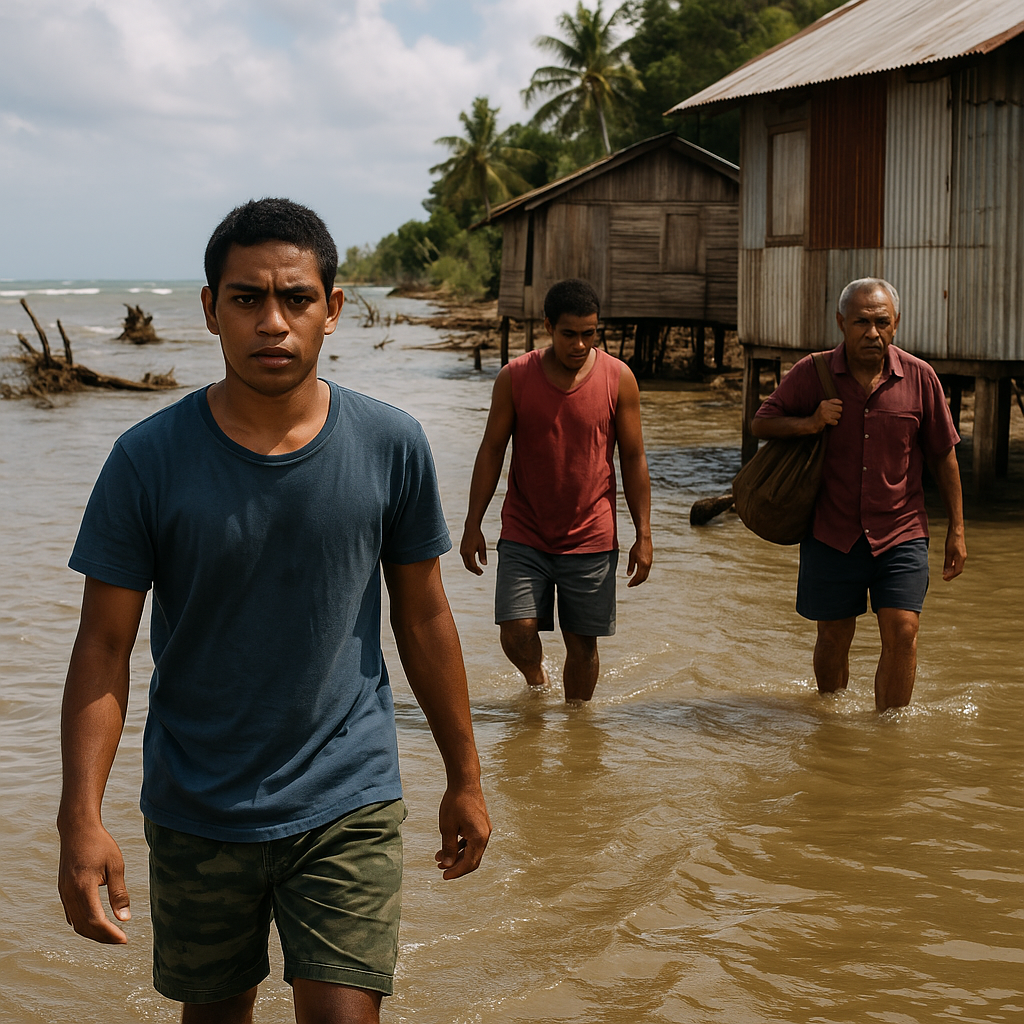ADB Invests $135m to Boost Fiji’s Water Security and Ocean Health
For decades, Suva’s rapid urban growth has outpaced the city’s wastewater infrastructure, leading to increased pollution in Laucala Bay and damaging marine ecosystems.

- Country:
- Fiji
The Asian Development Bank (ADB) has approved a major financing package worth $135 million to strengthen Fiji’s water security and protect its marine ecosystems. The initiative, which combines a $125 million concessional loan with a $10 million grant, will modernize wastewater treatment, reduce water losses, and build technical expertise across the Pacific region.
Healthy Oceans and Water Security Improvement Project
The new Healthy Oceans and Water Security Improvement Project will support the Water Authority of Fiji in delivering large-scale upgrades to the Kinoya wastewater treatment plant in Suva, one of the country’s most critical urban water facilities. It will also back efforts to reduce leakage in Fiji’s aging water distribution network and establish a regional training hub to build skills among Pacific water and wastewater operators.
“The upgrade of Kinoya wastewater treatment plant will significantly improve ocean health and water quality in and around Laucala Bay,” said Aaron Batten, Regional Director of ADB’s Pacific Subregional Office. He added that wastewater treatment capacity at Kinoya will be doubled through the use of fit-for-purpose technologies that lower energy usage and minimize future maintenance costs.
Protecting Ocean and Coastal Ecosystems
For decades, Suva’s rapid urban growth has outpaced the city’s wastewater infrastructure, leading to increased pollution in Laucala Bay and damaging marine ecosystems. The Kinoya upgrade is expected to drastically reduce pollutant discharge, improving water quality and aiding the recovery of vital ecosystems such as coral reefs, seagrass meadows, and mangrove forests.
The project also enhances resilience against climate change impacts, including rising sea surface temperatures, ocean acidification, and extreme weather events, which place increasing pressure on Fiji’s coastal ecosystems. By improving wastewater treatment, the project supports the protection of natural barriers like coral reefs and mangroves that play a critical role in coastal defense and biodiversity.
Reducing Water Losses and Carbon Emissions
Another key focus of the project is reducing non-revenue water losses in Suva’s distribution network. Much of the water loss is caused by leakage from old pipes, which not only wastes treated water but also drives up operating costs and contributes to service disruptions for households.
The ADB-financed programme will build on a performance-based contract that has already demonstrated success in tackling water leakage. The improvements are expected to save 10.5 million cubic meters of water annually, while lowering carbon emissions by nearly 1,417 metric tons per year — contributing to both environmental and economic sustainability.
Training for a Skilled Pacific Workforce
To ensure long-term sustainability, the project will also help establish a regional training hub in Lautoka for water and wastewater utility operators. The facility will provide regionally accredited vocational training, creating new pathways for Pacific Islanders to gain the technical and managerial skills needed to run modern water and wastewater systems.
This component, funded by the $10 million grant from ADB’s Asian Development Fund, will support Fiji and other Pacific Island countries in developing a skilled workforce to address the growing challenges of water security, environmental health, and climate resilience.
A Model for Regional Cooperation
The project represents more than just infrastructure investment. It exemplifies regional cooperation by addressing shared challenges in water management and marine ecosystem protection. By combining financing, technical expertise, and capacity building, ADB and the Government of Fiji are laying the groundwork for long-term resilience, not just for Fiji, but for the wider Pacific region.
“By investing in water security, ocean health, and skills development, this project is a triple win,” said Batten. “It will protect the environment, ensure reliable water supply, and create opportunities for Pacific Islanders to build the skills needed for the future.”
Looking Ahead
As Pacific Island nations face mounting pressures from climate change, pollution, and population growth, integrated solutions like Fiji’s Healthy Oceans and Water Security Improvement Project are seen as critical to safeguarding livelihoods and ecosystems. With its focus on infrastructure, sustainability, and capacity building, the project could serve as a model for other small island developing states grappling with similar challenges.










